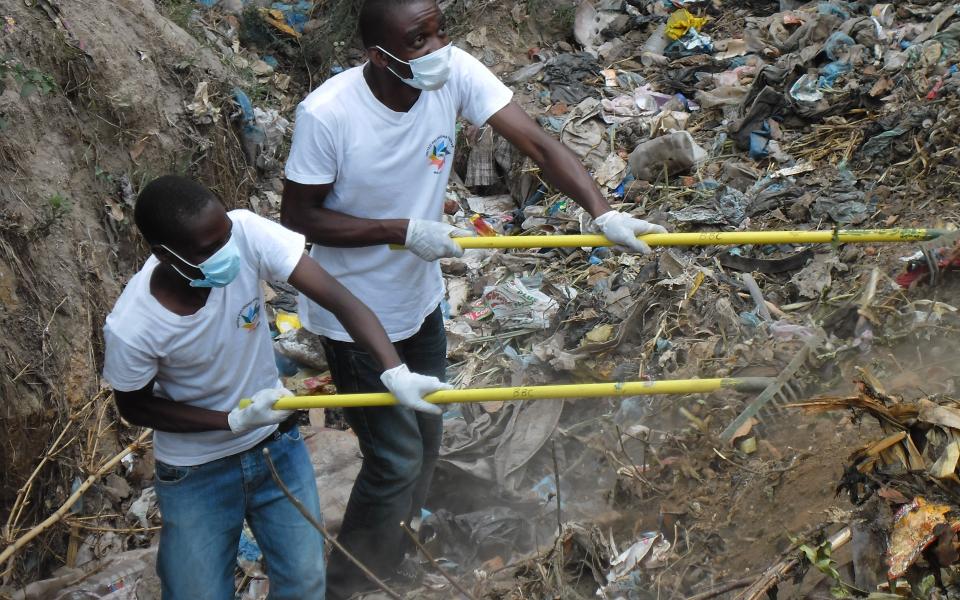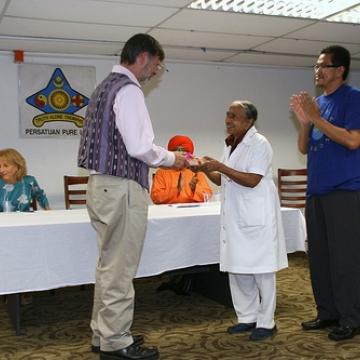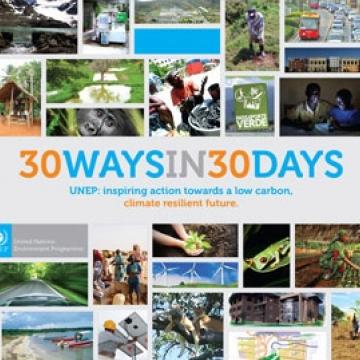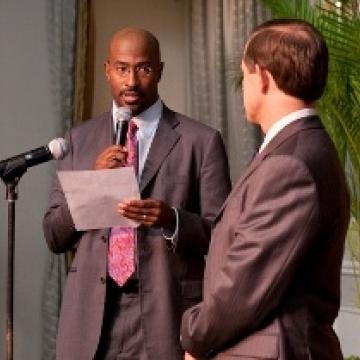
By uniting to address the causes and threats to our shared ecosystem, we honor the sacred life that lives in each of us, the water, the soil and in all species.
Examples of our work in this Action Area:
- During this time of climate emergency, the URI network is stepping up to make a change. URI is partnering with the Faith for Earth Initiative (UNEP) and other local entities to equip Faith Leaders and community members to respond quickly and effectively to the climate crisis. The project will take place in India, Bosnia, and Lebanon in 2021.
- In the USA, California Interfaith Power and Light CC makes energy and water conservation improvements to their houses of worship, installing solar panels, holding training programs for other congregations, and lobbying state and local governments for stronger climate policies and investments in renewable energy.
- Forward in Action for Conservation of Indigenous Species (FACIS) introduced a new strategy of bringing people of different faiths to work together to produce organic food through a sustainable farming called "Biointensive agriculture". In the spirit of togetherness, Muslims and Christians in northern Nigeria work together on the same farmland to learn new but simple, eco-friendly methods of farming while also nurturing relationships. So people who were perceived enemies of one another are now friends working to produce organic food to fight hunger and poverty.



